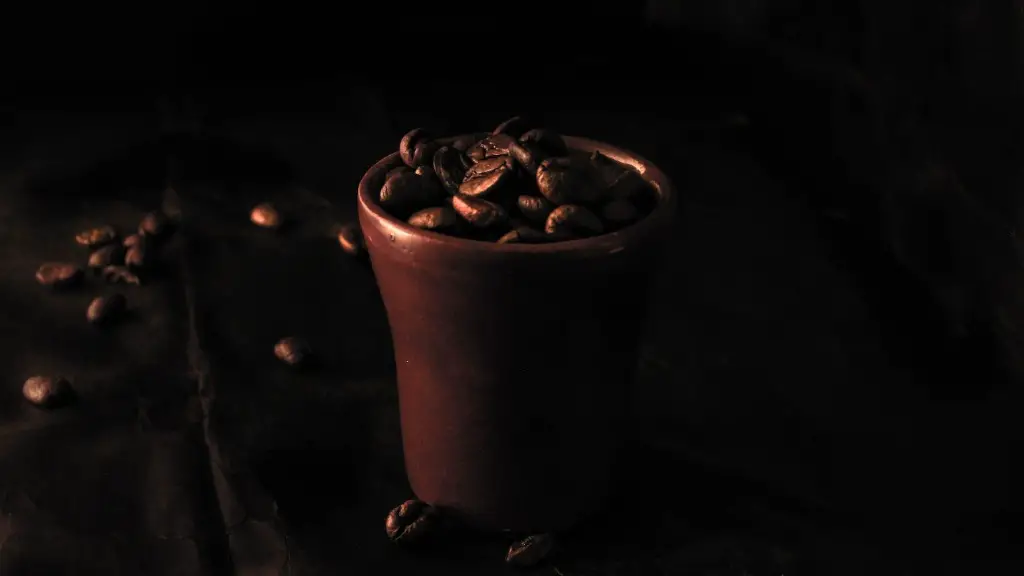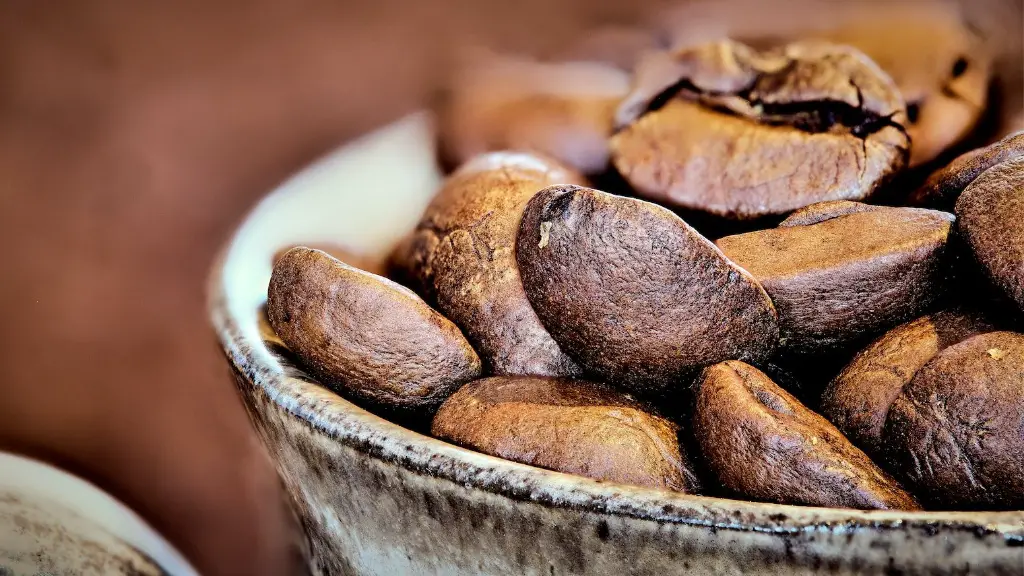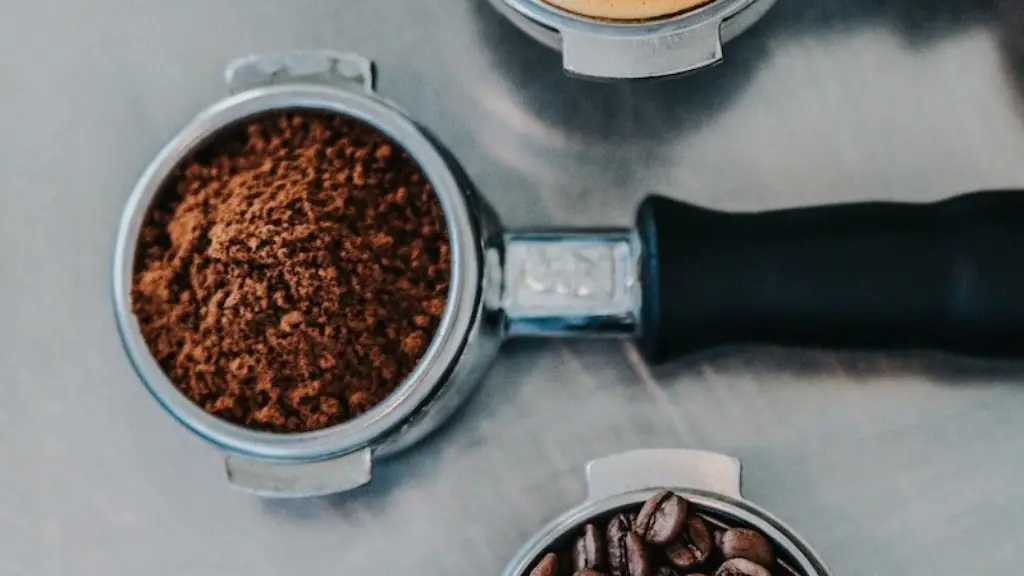Introduction
Caffeine has taken the world by storm. From the morning coffee runs to the evening espressos, many people are turning to this beverage to get them through the day. But is it an advisable choice if you’re planning on a workout? We take a look at the evidence behind this hot debate.
Nutritional Aspects
To determine if you should drink coffee before your workout, it’s worth exploring its nutritional values. On the plus side, it’s a natural source of caffeine, which can provide increased energy and alertness. Secondly, those who are looking to support a calorie deficit may benefit from the low amount of energy contained in coffee. Contrastingly, black coffee contains almost no carbohydrates or protein, thus leaving these sourced nutrients deficient for your workout.
Potential Benefits
Caffeine is known to have a positive effect on exercise performance, particularly when it comes to aerobic activities such as running and cycling. It has been found to increase endurance performance and fat-burning capacity, as well as reduce perceptions of effort. Caffeine has even been shown to improve the amount of muscle force produced during short bursts of exercise.
Potential Negatives
While the scientific evidence is promising, there is still uncertainty around whether individuals should drink coffee before their workouts. Those who are not used to a high caffeine intake may experience adverse side effects, such as jitteriness, elevated heart rate and stomach discomfort. Therefore, it’s important to assess each individual’s tolerance levels before they rush out and get their daily pre-workout cappuccino.
Influence on Hydration
In order to prevent dehydration it’s important to drink plenty of fluids before and during your workout session. Caffeinated beverages, such as coffee and energy drinks, have a diuretic effect and are, therefore, not optimal for supporting hydration. Instead, aim for water, coconut water or an electrolyte drink.
The Take-Away Message
It appears that, for those who are already accustomed to a high caffeine intake, drinking coffee before a workout can be beneficial. However, everyone is different and it’s essential to assess individual cases before recommendations are made. For those who are unlikely to tolerate the effects of caffeine consumption or who are focused on staying hydrated before their next exercise session, it might be safest to avoid.
Effect on Muscle Contractions
Caffeine has been shown to improve muscles’ ability to contract, resulting in improved performance during anaerobic activities such as weight lifting. Through its effects on the muscles, caffeine can delay the onset of fatigue and improve the loading capacity of the muscles, thereby allowing the lifter to perform more repetitions.
Influence on Metabolism
Consumption of coffee can influence the metabolic rate by introducing changes in the metabolic pathways of fat and carbohydrates. Through its influence on these pathways, it has been found that coffee can increase the rate of fat burning, however long-term studies are needed to confirm its effectiveness in this area.
Stimulatory Effects on Heart Rate
It is well known that coffee can increase the heart rate. A raised heart rate can result in enhanced performance during certain exercises, however it should be noted that those with existing cardiovascular health issues should take further caution when consuming coffee before their workout sessions.
Potential For Drug Testing
Due to the presence of caffeine in coffee, it’s important to be aware that it could lead to a failed doping test in elite athletes. As part of its regulations, the International Olympic Committee prohibits athletes from exceeding the maximum level of caffeine in their blood (15 ug/ml). Therefore, it would be wise for those competing in such athletic events to abstain from consuming coffee before their workout sessions.


